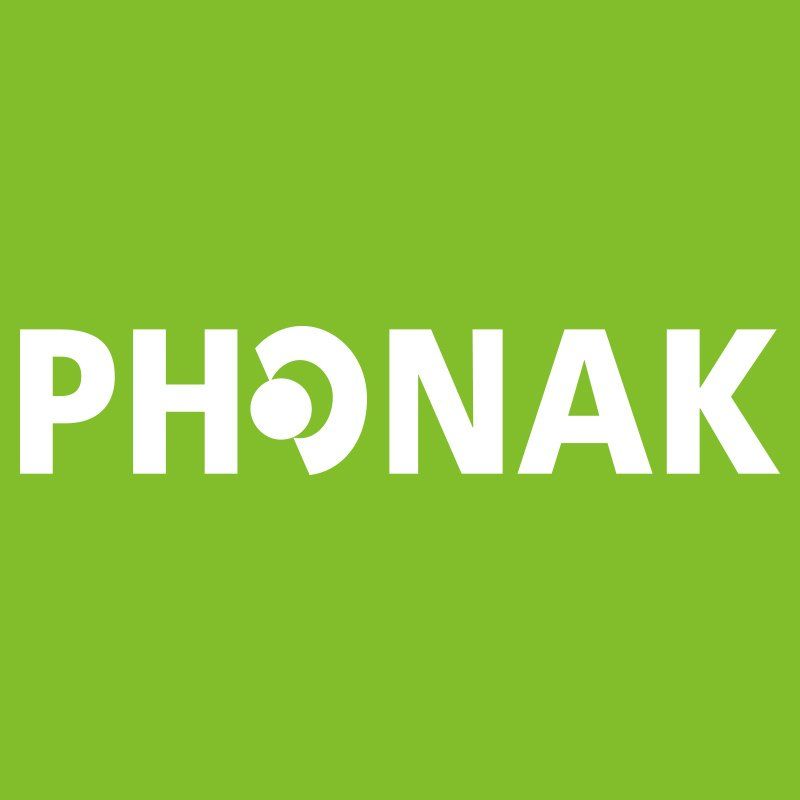Hearing Aids in St. Albert
At Discover Hearing in St. Albert, we are dedicated to providing you with the best hearing solutions, tools, and support. Our goal is to empower you to hear clearly and live fully, with cutting-edge hearing aids and personalized care.
What are the differences between digital and advanced hearing aids?
Basic digital hearing aids generally require the wearer to make some manual adjustments in certain listening environments such as turning a volume control up or down, or pushing a button to change listening programs. In contrast, a premium or more advanced hearing aid responds automatically to changes in the listener’s environment, making changes based on the signals being detected by the hearing aid. The hearing aid wearer is not required to make any manual changes. As the level of the technology increases in hearing aids, so do the availability of advanced features.
Hearing Loss
Styles of Hearing Aids
Various hearing aid styles we offer:
- In-The-Ear
- Invisible in-the-Canal (IIC)
- Completely-in-the-Canal (CIC)
- In-the-Canal (ITC)
- Full Shell or In-the-Ear (ITE)
- Behind-the-Ear (BTE)
- Mini BTE with slim tube and tip
- Receiver-in-the-ear (RITE)
- BTE with earmolds
Assistive Listening Device Systems (ALDS)
Seamless Connectivity
Oticon
Phonak
Starkey
Widex
Frequently Asked Questions
Have questions about hearings aid styles, tests or pricing? Explore our FAQ section or contact us below.
Contact Us
Find out what our hearing professionals can do to treat your hearing loss!



